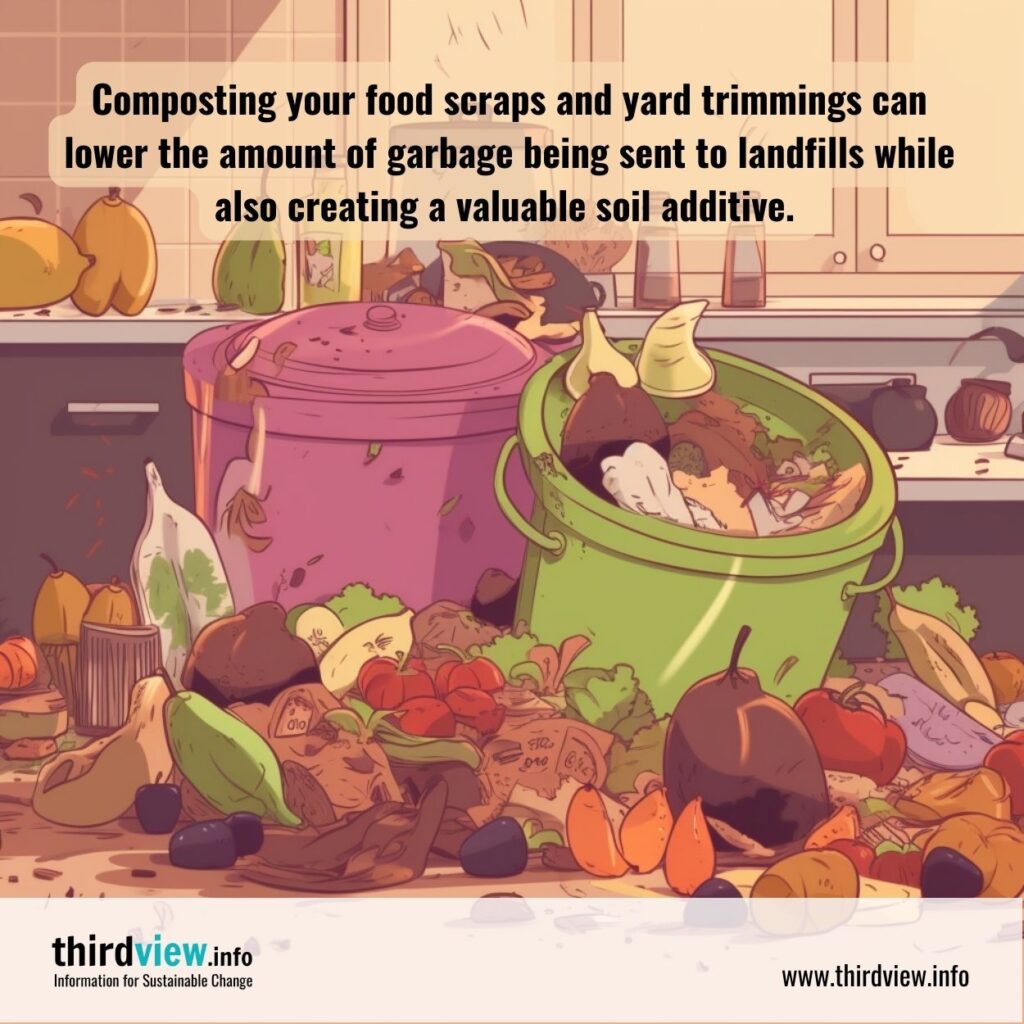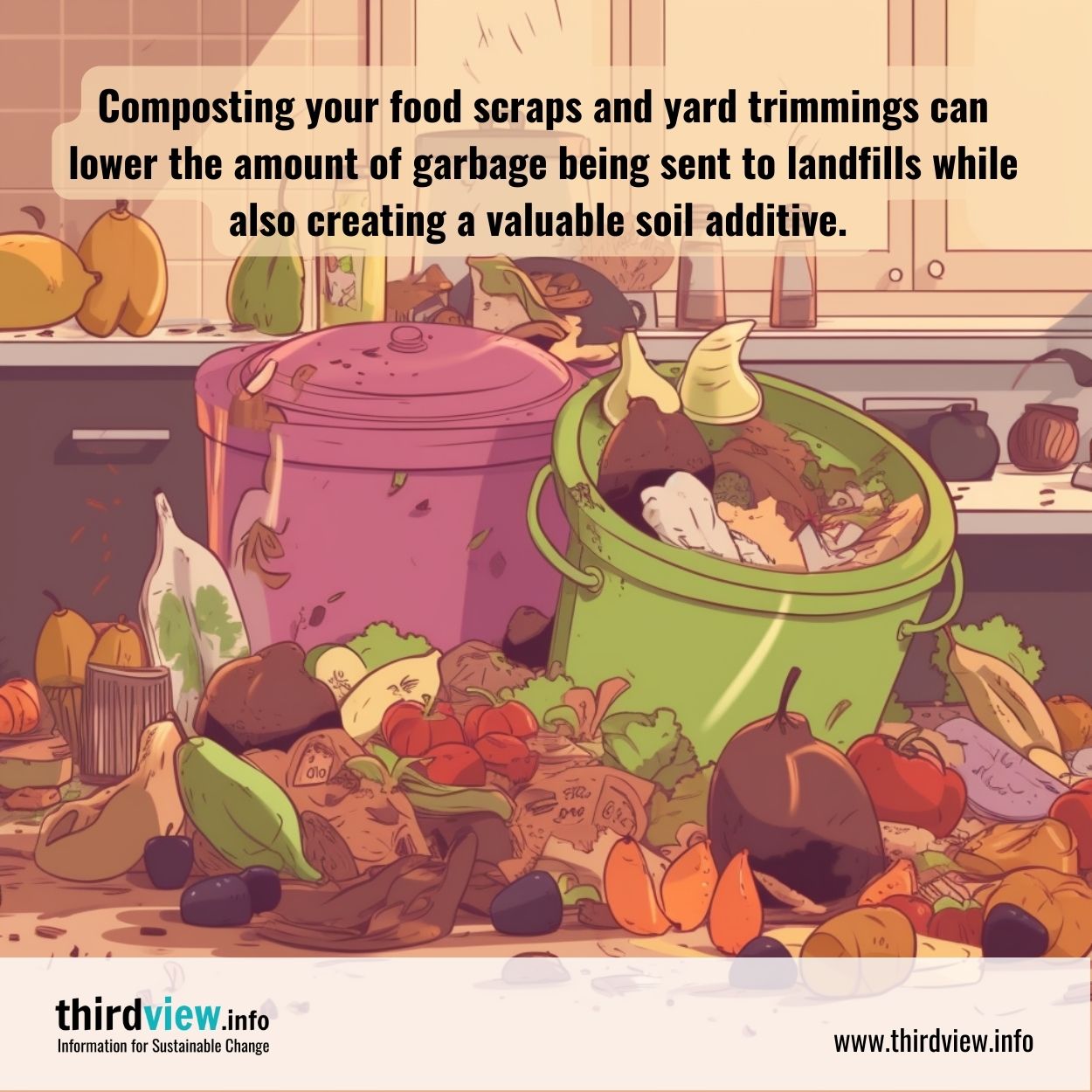With the need to reduce our environmental footprint, home composting is becoming an increasingly attractive option for many homeowners. But what are the pros and cons of home composting? Let’s take a look at some of the advantages and disadvantages of this sustainable practice.
Pros of Home Composting
One of the most obvious benefits of home composting is that it reduces your waste output. By composting your food scraps and yard trimmings, you can lower the amount of garbage being sent to landfills while also creating a valuable soil additive. Compost helps create healthy soil by providing essential nutrients like nitrogen, phosphorous, potassium, calcium, and magnesium. It also improves soil structure, allowing for better water retention and better drainage. Additionally, composted material helps attract beneficial microorganisms which help fertilize plants naturally.
Another benefit of home composting is that it can save you money in the long run. Instead of buying expensive fertilizer or soil additives at the store, you can make your own nutrient-rich compost for free! Plus, when used as mulch in gardens or flower beds, it can help conserve moisture and reduce weeds—saving you time on maintenance tasks like weeding or watering. Home composting is, thus, an easy way to be more environmentally conscious without much effort on your part.
Cons of Home Composting
There are some potential drawbacks to consider before starting home composting as well. One concern is the smell; if not managed properly, a large pile of rotting food scraps has the potential to become very smelly indeed. To avoid this issue, be sure to choose an appropriate location for your compost pile (away from windows) and turn it regularly so that oxygen can circulate through it more easily. Additionally, certain items should not be added to your pile such as cooked meats or dairy products due to potential odour issues (not to mention attracting unwanted pests).
At the end of the day, whether or not home composting is right for you will depend on your own individual circumstances and goals. If reducing waste output while creating nutrient-rich soil is important to you then there’s no question that setting up a home compost would be a great choice. However, if you do decide to embark on this path remember that there are certain guidelines one must follow in order to ensure success—proper maintenance and monitoring are key. For those homeowners looking for an easy way to reduce their environmental footprint while saving time and money in their garden efforts – home composting could be just what you’re looking for.


